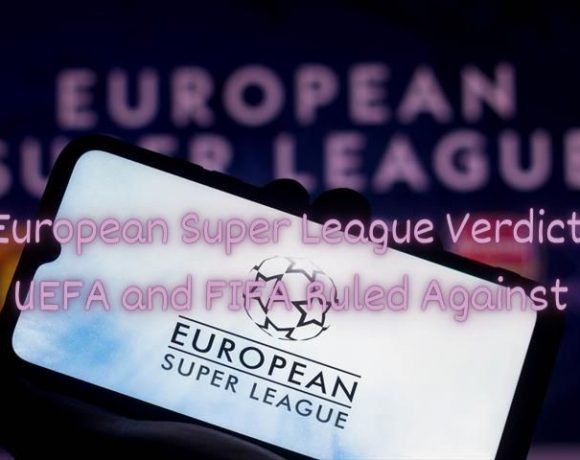
The head of A22, the organization behind the revived European Super League (ESL), believes that fans and clubs can be persuaded to support the new proposal. In 2021, the original ESL, involving 12 teams, faced strong opposition and collapsed within 72 hours. However, the European Court of Justice recently ruled against banning clubs from joining such leagues, leading to the announcement of a revamped ESL.
Uefa president Aleksander Ceferin dismissed the new proposals, stating that football is not for sale and jokingly looking forward to a two-team tournament. Five of the six Premier League teams that initially supported the breakaway plans in 2021 expressed commitment to Uefa competitions.
A22’s new proposal suggests a league system with 64 men’s clubs and 32 women’s clubs, featuring an annual promotion and relegation system with no permanent members. A22 CEO Bernd Reichart stated that the proposal addresses the concerns raised by critics of the original ESL, focusing on an open, accessible, and meritocratic league system alongside domestic leagues.
Reichart refrained from naming interested clubs but emphasized the importance of convincing both clubs and fans. The proposal aims to prioritize players’ health by aligning with the current football calendar, without increasing the number of matchdays.
Domestic leagues, including the Premier League, swiftly condemned the new project, reiterating their rejection of any breakaway concept. Despite the ECJ ruling, Uefa sees it as an opportunity to improve regulations, and Ceferin highlighted the need to maintain the connection between domestic and European football.
Champions League holders Manchester City and other previously involved Premier League clubs affirmed their commitment to Uefa competitions. The ESL saga, which began in 2021, faced criticism and opposition, leading to the withdrawal of several clubs. Ceferin mocked the new proposal, expressing skepticism about its closed nature and comparing it to the rejected 2021 version.
Picture Courtesy: Google/images are subject to copyright

